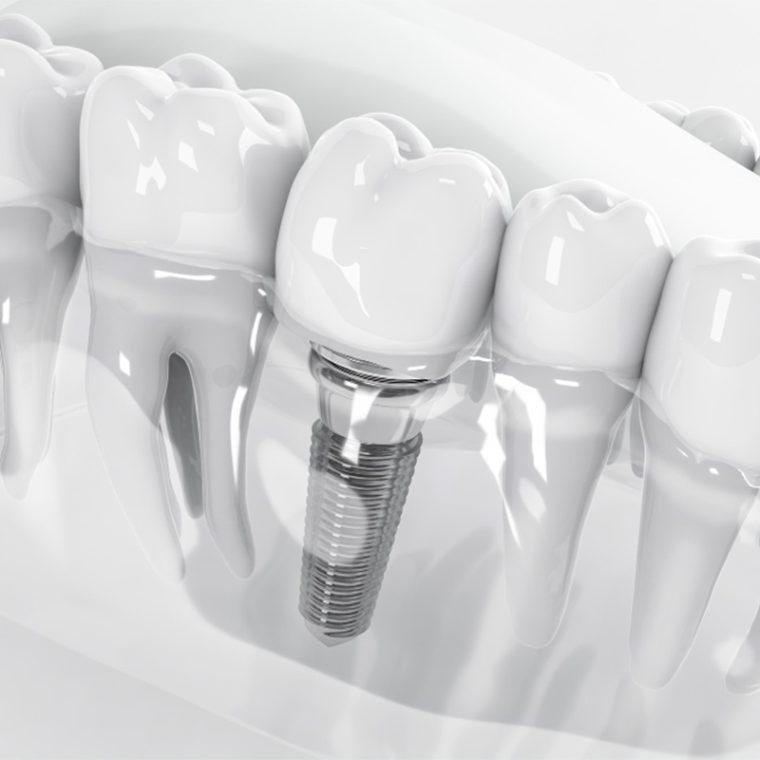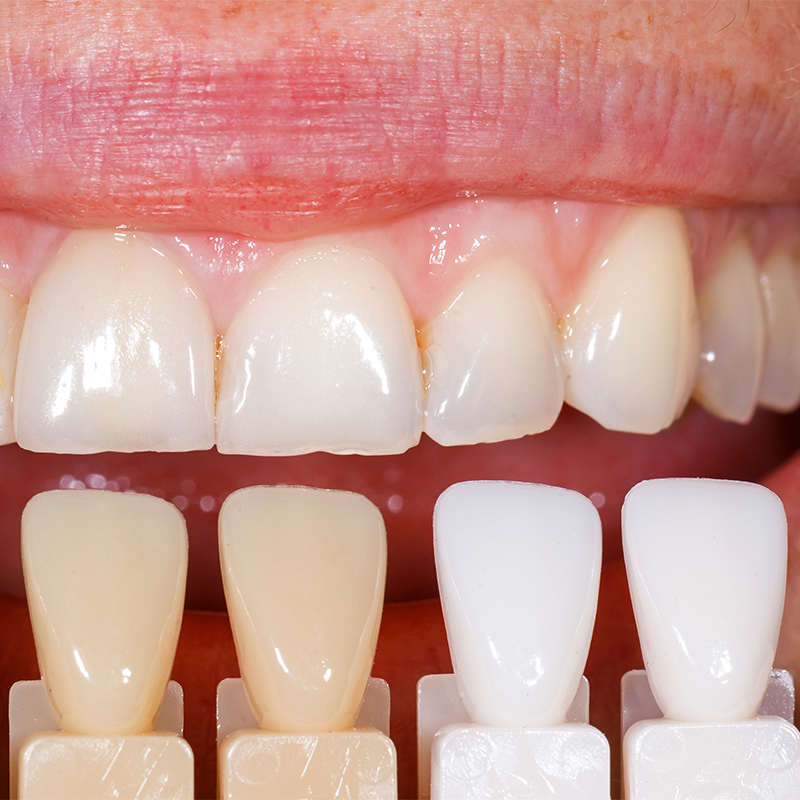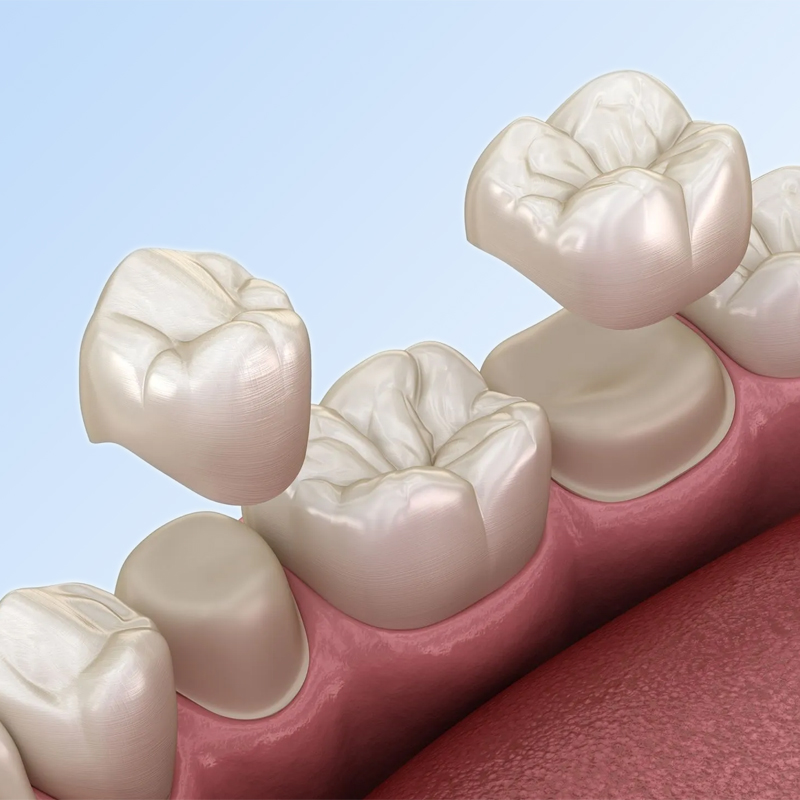Dental implants are one of the most reliable and long-lasting solutions for replacing missing teeth. They provide a natural-looking, functional alternative to dentures or bridges. However, one common concern for individuals seeking dental implants is whether bone loss will affect their eligibility for the procedure. If you’ve experienced bone loss in your jaw due to tooth loss, aging, or other health conditions, you may be wondering, “Can I still get a dental implant?”
The answer is yes, but with certain considerations and potential treatments. In this blog, we will explore how bone loss can impact dental implants and the options available to those with insufficient bone density.
What is Bone Loss and How Does It Affect Dental Implants?
Bone loss in the jaw, also known as atrophy, is often a result of missing teeth. When a tooth is lost, the bone that once supported it begins to shrink over time due to lack of stimulation. The pressure from chewing and biting naturally stimulates the jawbone, helping it maintain its strength and volume. When the tooth is gone, that stimulation is lost, and the bone starts to resorb (break down), leading to a thinner, weaker jawbone.
Dental implants require sufficient bone density for the implant to properly fuse with the bone. This process, called osseointegration, is crucial for the long-term success of the implant. If you have significant bone loss, there may not be enough bone to securely hold the implant, making the procedure more challenging.
Options for People with Bone Loss
Fortunately, there are several options available for individuals with bone loss who still wish to get dental implants. These treatments can help restore the bone and create a stable foundation for the implants:
- Bone Grafting: Bone grafting is one of the most common solutions for addressing bone loss. During this procedure, bone material (either from your own body, a donor, or synthetic material) is grafted onto the existing bone to promote new bone growth. Over time, the graft will fuse with your natural bone, creating a stronger foundation for dental implants.
Bone grafting can be performed before implant placement or, in some cases, at the same time as the implant procedure. The graft material will stimulate your jawbone to regenerate and rebuild itself, allowing for a better implant fit. - Sinus Lift Surgery: For patients with bone loss in the upper jaw (particularly in the back near the sinuses), a sinus lift (or sinus augmentation) may be necessary. This procedure involves lifting the sinus membrane and adding bone graft material to the area. It helps to rebuild the bone height, creating a more stable environment for implants.
- Ridge Expansion: Ridge expansion is a procedure used to widen a narrow jawbone. Sometimes, individuals may have sufficient bone height but insufficient width. In these cases, the ridge of the jaw can be expanded through surgical techniques, allowing for proper placement of dental implants.
- Mini Implants: Mini dental implants are a smaller alternative to traditional implants. These implants require less bone density to be effective and may be an option for those with minor bone loss. Mini implants are often used to stabilize dentures or provide a temporary solution for individuals with insufficient bone.
- Zygomatic Implants: For patients with severe bone loss, particularly in the upper jaw, zygomatic implants can be an effective solution. These implants are anchored in the cheekbone (zygomatic bone), bypassing the need for jawbone. While this procedure is more complex and requires specialized knowledge, it can offer a permanent solution for patients with significant bone loss.
The Importance of Early Treatment and Consultation
If you have bone loss and are considering dental implants, it is important to consult with an experienced implant dentist or oral surgeon. Early consultation can help assess the extent of bone loss and determine the most suitable treatment for you. Your dentist will take X-rays or CT scans to evaluate your bone structure and develop a customized treatment plan.
In some cases, addressing bone loss early on can help prevent further deterioration, improving the long-term success of the dental implants.
Conclusion: You Can Still Get a Dental Implant with Bone Loss
Yes, even with bone loss, dental implants may still be a viable option for you. Thanks to advancements in dental technology and bone regeneration techniques, people with bone loss can still achieve the benefits of dental implants and restore their smiles with confidence.
Whether through bone grafting, sinus lift surgery, ridge expansion, mini implants, or zygomatic implants, there are multiple solutions available to help you overcome bone loss and enjoy the full advantages of dental implants. If you’re experiencing bone loss but still want to improve your oral health and smile, reach out to a qualified dental professional who can guide you through your options and help you achieve a healthier, more functional smile.




